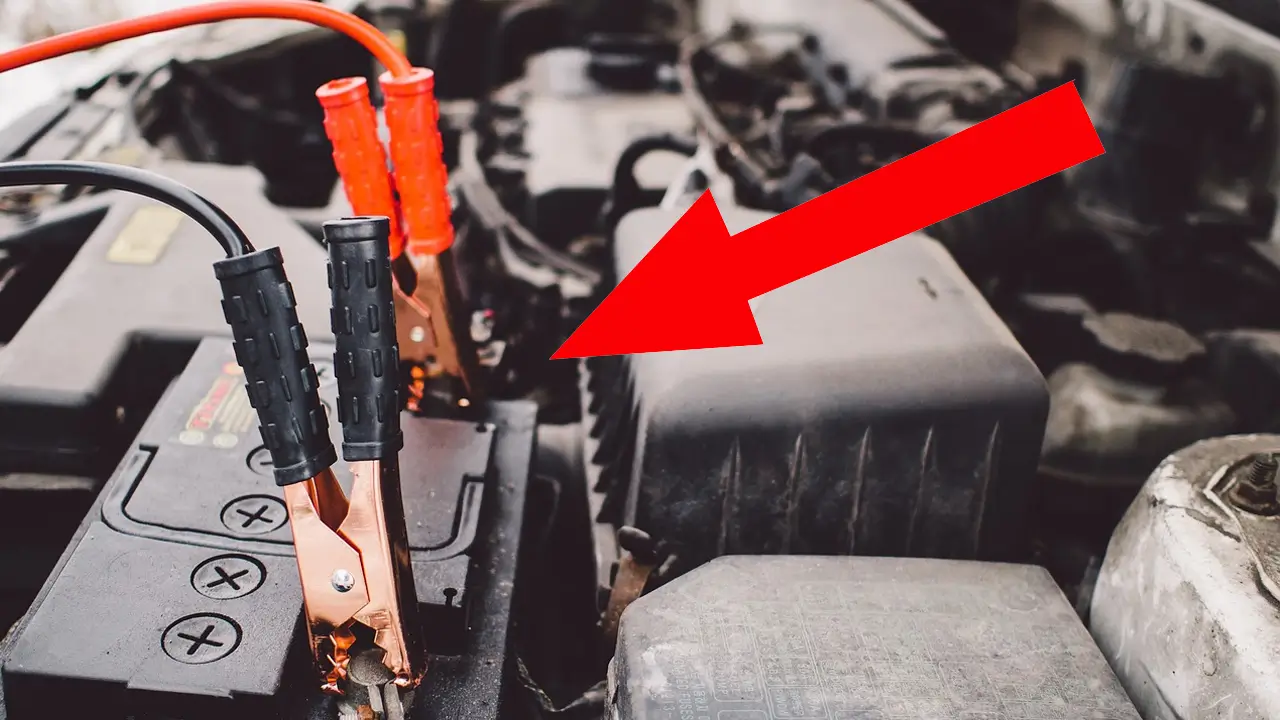Although fuel-efficient vehicles are frequently praised for their financial and environmental advantages, prospective owners should be aware of several disadvantages. These are 10 notable disadvantages.
1. Initial Expense and Investment
The initial cost of ownership for fuel-efficient automobiles, especially hybrids and electric cars, is one of their biggest drawbacks.
While they provide the possibility of long-term fuel cost reductions, the initial outlay might be significantly greater than that of conventional gasoline-powered automobiles. Potential customers may be turned off by this financial barrier, particularly those with limited resources.
2. Limited Capacity and Performance
Vehicles with low fuel consumption frequently put efficiency before performance. This implies that they could not have the power and acceleration that many drivers want, especially while merging or passing on a highway.
Fuel-efficient automobiles may not operate as well as cars with standard internal combustion engines due to drivers used to their responsiveness. This performance difference may be more noticeable in electric and hybrid vehicles since the torque output of the electric motor may be less than that of the gasoline engine. Driving enthusiasts may find this to be a less pleasurable experience.
3. Range Anxiety in Electric Vehicles
Range anxiety for electric cars (EVs) is still a major problem. Concerns over the shorter range that electric cars can provide than their gasoline-powered equivalents are common among consumers. Even while battery technology is boosting range, many electric cars still need careful preparation when going longer distances.
Buyers may be discouraged by the worry of running out of battery fluid in isolated locations with few charging stations. This fear may reduce the attraction of EVs in general, especially for people who regularly travel large distances.
4. Infrastructure Challenges for Charging
The infrastructure for electric vehicle charging is getting better all the time, but it is still not as common as gas stations. It can be quite difficult to locate a charging station in many places, particularly in rural or less populated areas.
Owners may have to carefully arrange their travels to prevent being trapped without power, which can cause them inconvenience.
5. Disposal of Batteries and Environmental Issues
Even if fuel-efficient vehicles are made that release less pollutants, there are serious environmental issues with the manufacture and disposal of their batteries. Commonly found in hybrid and electric cars, lithium-ion batteries present difficulties in terms of recycling and disposal.
When batteries are not properly disposed of, dangerous materials can be produced, and the extraction of resources required for battery production can harm the environment.
6. Costs of maintenance and repairs
Hybrids in particular may require more frequent maintenance and repairs than conventional gasoline-powered automobiles. Due to their complexity, hybrid systems—which blend gasoline and electric engines—may require specialist maintenance. To work on these systems, mechanics could need extra training, which could increase labor expenses.
7. Resale Value Considerations
Fuel-efficient cars can have unpredictable resale values. While certain models hold their worth well, others may lose value quickly because of the speed at which technology is developing and the shifting tastes of consumers.
For example, older models’ resale value may suffer if newer, more efficient models are introduced and become less popular. For purchasers hoping to purchase a car that will hold its value over time, this depreciation may be worrying.
8. Driving in an inconvenient situation
Fuel-efficient cars can have a very different driving experience than conventional cars. The shift to an electric or hybrid car may be difficult for some drivers because of the other driving dynamics, like regenerative braking systems.
These technologies can change how acceleration and braking feel, making driving less comfortable.
- Audi GT50 Concept: A Loud Reminder of Why Car Enthusiasts Fell in Love With Audi
- Nearly 30% of UK Drivers Believe Car Tax Should Be Based on Mileage — Survey
- Why Planes and Boats Escaped the Luxury Tax But Cars Didn’t
- Australia’s Headlight Confusion: Authorities Warn Drivers After Viral $250 Headlight Rule Goes Wild Online
- 2025 Hyundai Venue Facelift Launched in India – Full Details, Variants, and Price
9. Costs of Insurance
There are situations when the cost of insurance is higher for fuel-efficient cars than for conventional cars. Insurance companies frequently consider the vehicle’s replacement cost, which might be higher for electric and hybrid versions because of the high cost of parts and technology.
For those who are already handling the expenses of owning a fuel-efficient vehicle, this could come as an unanticipated financial strain.
10 . Limited Model Accessibility
Even while people are becoming more and more interested in fuel-efficient cars, there aren’t as many models as there are for conventional gasoline-powered vehicles.
Not every manufacturer offers electric or hybrid vehicles, and some might not have the features or sizes that buyers want. Customers may be forced to compromise on their preferences as a result of this limited availability, which could make them unhappy with the product they bought.
In conclusion, although fuel-efficient vehicles have many benefits, several disadvantages still exist that may influence a buyer’s choice. It’s imperative to comprehend these disadvantages to make an informed decision in the progressively intricate automotive market.
